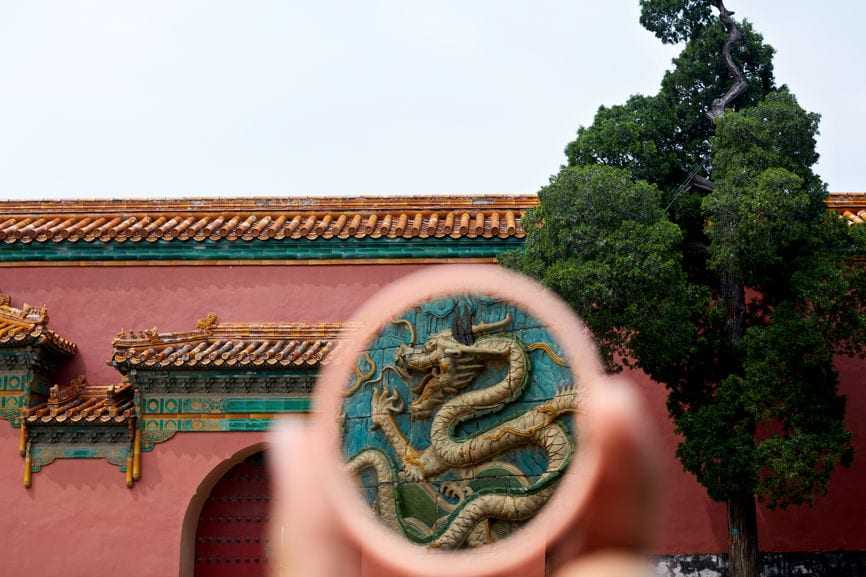On Our Radar: Deals we are paying attention to for their impact on industry.
The burgeoning offerings of the world’s second-largest economy, China, are irresistible to the largest asset manager, BlackRock.
The firm’s CEO, Larry Fink, said it is working with Chinese regulators to take over a local investment group, according to the Financial Times on April 8.
In BlackRock’s annual letter to shareholders, Fink wrote optimistically about Chinese prospects for investors. “In China, which is one of the largest future growth opportunities for BlackRock, we are focused on building an onshore presence,” he wrote. “Asia is expected to drive 50% of the organic assets under management growth in the asset management industry over the next five years, largely driven by China, where there is increasing demand for more diversified and long-term investment solutions. Our goal is to become one of the country’s leading global asset managers.”
BlackRock takes this view in spite of China’s economic softness in recent years. According to the International Monetary Fund, real gross domestic product growth in China, at 6.2% now, has slowed from a high 14.2% in 2007, while the inflation rate is at 2.4%, from higher rates in years past.
While American companies have had to take baby steps to gain access to the vast Chinese market, Beijing has swung open the doors to the financial industry. In 2017, the government announced it would allow foreign investment in insurance companies, now at 50%, to go up to 51% in 2020 and to 100% two years later, reported The New York Times.
One tangible long-term area for growth is in retirement funds. The country, which is the world’s most populous, is now facing a mammoth crisis in funding pensions.
Pension contributions by workers fail to cover retiree benefits, which has meant that since 2014 the Chinese government has had to step in and make up the shortfall, wrote the South China Morning Post. The gap will hit $133 billion, or 890 billion yuans, next year unless changes are made, according to Wang Dehua, a researcher of the National Academy of Economic Strategy in Beijing.
That crisis is exacerbated by China’s relatively young retirement age. It is 60 for men, 55 for women civil servant employees and 50 for women if they are blue-collar workers according to Ecns.cn. China is considering adjusting the ages upward.
Michelle Lodge is a New York-based writer whose work has appeared in Time, Fortune, Barron’s, the Miami Herald, the British Medical Journal as well as on CNBC.com.






















